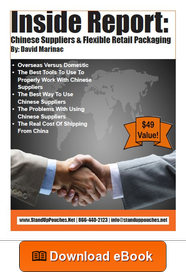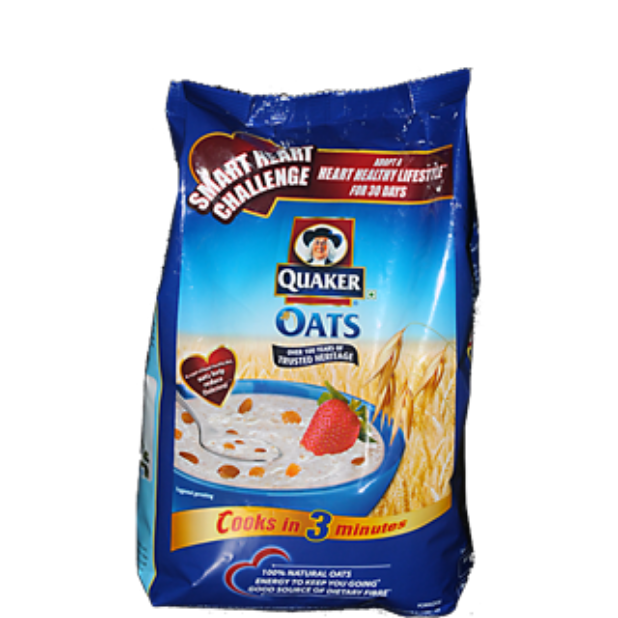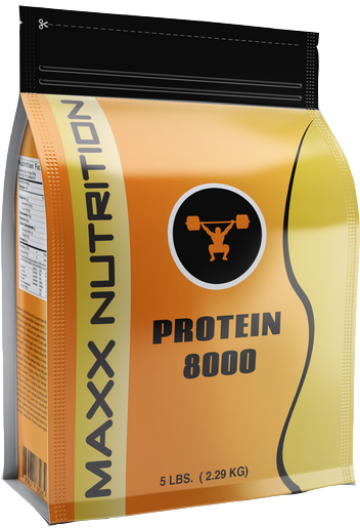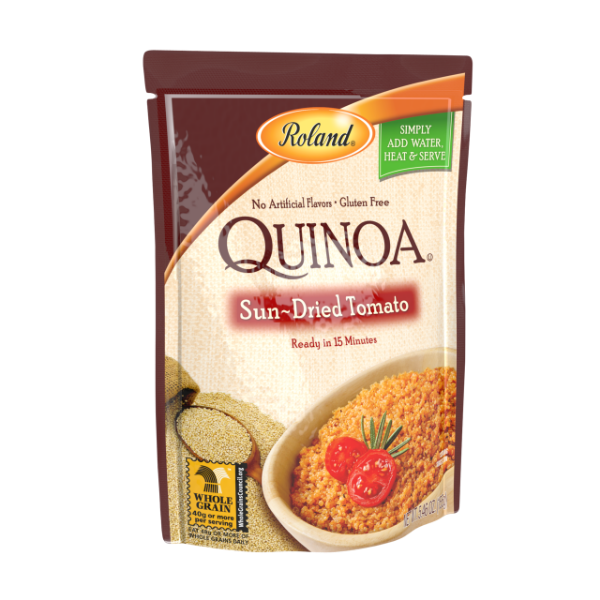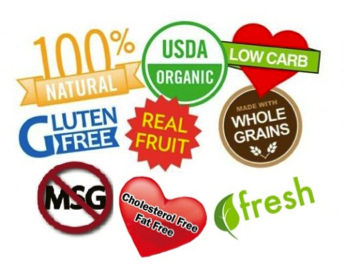 We are fortunate to work with some incredible companies in the food marketing business. Many import products from various global suppliers…products such as spices, grains, rice, and various baking mixes, etc. Often we supply the flexible retail packaging right to their co-packers wherever they may be and they make and fill the products and then ship to the US. That’s all well and good but this has been a crazy year for importing products, regardless of the country you are dealing with. Between the strike or threat of a strike with longshoremen on the West Coast (or whatever it was) the twin ports of Long Beach and Los Angeles have been a bottleneck for months, forcing companies to route their shipments further north to Tacoma, Washington. As you can imagine, in a short period of time Tacoma got congested and that union started clamoring for more pay for their workers…and now all 3 ports continue to have delays and issues.
We are fortunate to work with some incredible companies in the food marketing business. Many import products from various global suppliers…products such as spices, grains, rice, and various baking mixes, etc. Often we supply the flexible retail packaging right to their co-packers wherever they may be and they make and fill the products and then ship to the US. That’s all well and good but this has been a crazy year for importing products, regardless of the country you are dealing with. Between the strike or threat of a strike with longshoremen on the West Coast (or whatever it was) the twin ports of Long Beach and Los Angeles have been a bottleneck for months, forcing companies to route their shipments further north to Tacoma, Washington. As you can imagine, in a short period of time Tacoma got congested and that union started clamoring for more pay for their workers…and now all 3 ports continue to have delays and issues.
Many companies whose shipments were delayed on the West Coast thought they could avoid these issues by shipping to New York-New Jersey or even Savannah, Georgia but they encountered a new set of problems that just made things worse. They were used to their warehouse people and shipping companies on the West Coast and now they had a completely new group of people to deal with. They had new brokers, new dock people, new warehouse staff and this “new company” that was barking out orders trying to get their container released.
Let’s face it, delays kill business, and if you’ve spent months perfecting the taste and flavor of a particular quinoa blend then rushed to get your flexible retail packaging made only to have your entire container sitting in a boat or a dock somewhere you can have the best food marketing plan and budget but be dead because your product doesn’t arrive in time at Target or Walmart, etc.
We have dealt with these delays ourselves since the threat of a slowdown in the Spring of 2014 and have found a few things to recommend that have helped us immensely.
- Hire the right supplier. This sound silly but it is so true. When you order your product from the cheapest possible company that you found on Alibaba, how do you think they are going to ship your product to you, with “white glove” service and support? They will ship your items in the most economical carton and package and container and boat they can find. You are nothing but a one-time order for them, a drop in the bucket. Consider hiring an agency or firm that represents you and your company (5% is a going rate for their help) and they can not only negotiate with suppliers but do the same with shippers to assure your items ship on time and where you want them to go.
- Find a logistics company you can trust (and hire them). If you rely on your down and dirty supplier to handle the shipping, you will get what you paid for, down and dirty logistics (no updates or transparency on where your container is, what boat, when it is due in, etc). However, if you handle the shipping yourself (via your logistics company) you can negotiate better per piece prices and then have the peace of mind knowing that your shipper is looking out for you. Their job is to get your items passed through Customs, broken down as you need them and then ready for shipment to you.
- Be careful of the domestic (US) freight company you choose. Now hear me out for a second. If you’ve read this far, remember what I’ve been saying about delays and congestion? The container has finally arrived at your logistics company’s warehouse and is ready for pick up…but you are adamant about sending in your own freight company to pick it up. While I agree 99% of the time with this, I’m merely pointing out to check and see if your warehouse works with your freight company on a regular basis. This has happened so often lately that I feel it warrants repeating…just make a phone call and double check. If you use FedEx Freight or UPS Freight and your warehouse has a preferred contract with Yellow or Estes, whose freight will be ready for shipment first? How late will your warehouse stay open for their preferred shipper versus your shipper? Yes this is petty nonsense but it is happening time and time again (FedEx says they are there but the warehouse won’t open the door…the warehouse says UPS Freight never showed up but their dispatch shows they were, etc). While I’m sure you receive preferred rates and discounts from your shipper, often these aren’t worth the further aggravation. Again, consider this advice from someone who has been there.
In closing, food marketing is cut-throat enough. The last thing you need is to lose a contract because your shipment didn’t arrive on time. Retailers are heartless when it comes to their orders and they don’t care about your problems. Consider these 3 things we’ve learned from experience (the hard way) so you can continue to not just survive but thrive in the food marketing business.

